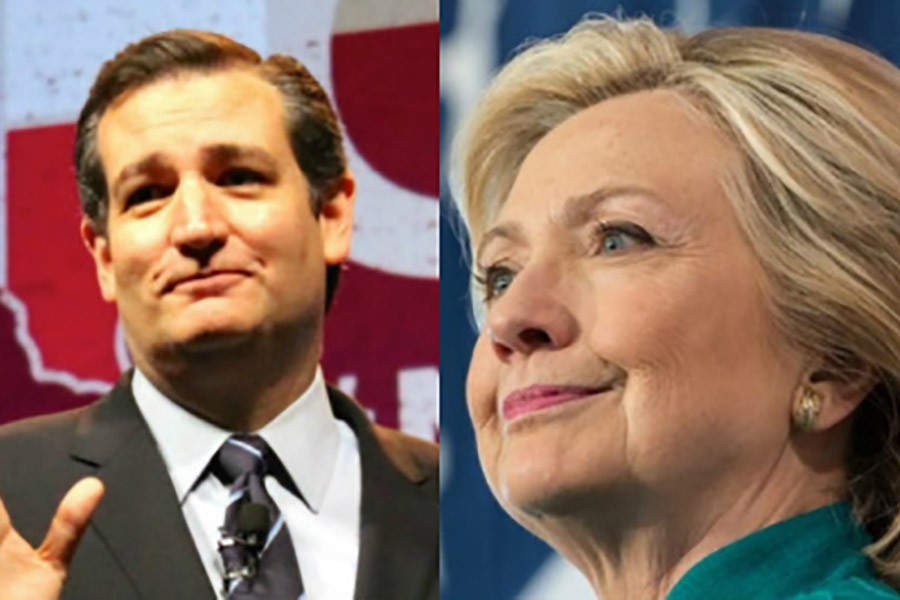Reflections of the Iowa Caucus
It can be hard to define when and where events begin. In history, we are taught that there is not a particular moment that marks the start of the Civil War or World War I. In English, we are told that authors rise to fame slowly and quietly. It would seem that many of life’s largest events do not adhere to a certain date or the constraints of time.
The same can be said about the 2016 Presidential Campaign. The United States is known for its infamously drawn-out election cycle. Of all western democracies, this country hosts the longest election season. For example, the recent General Election in the United Kingdom was internally criticized for being too lengthy. It was a record 90 days long. That fact would, and should, come as a surprise to any, informed American citizen reading this article. The 45th President of the United States will not be elected until mid November, yet the hoopla has been in full swing since last spring.
Flashback to March of 2015: Texas Republican Senator Ted Cruz announced his candidacy for the highest office in the land. It is important to note that this was a casual 596 days before November 8th, the national election day. In the following months, politician after politician declared that they too would be running for President. And in June, with pomp and circumstance, famous businessman Donald Trump unexpectedly threw his hat into the ring as well. From then on, America found herself in a whirlwind of poor political correctness, heated arguments, and formulated social media. The election cycle was in full swing.
This week is special, however. All of the noise has been building up to one date in particular: February 1st, the day of the Iowa Caucus. One can reasonably argue the case that this marks the official start to the 2016 Presidential Race. This is the first in the long electoral process of choosing a president. Thus, it comes with no surprise that Iowa has been on every candidate’s mind for months.
Iowans vote in a primary election to select both a Democratic and Republican nominee to face off in the national election. The winner in Iowa is in no way a determinant of how the overall election will turn out though. In 2012, Rick Santorum beat out the soon-to-be national Republican candidate Mitt Romney. However, Iowa is important and influential none the less. This is the first time that American voters will judge the candidates, rather than hearing the loud opinions of political pundits. After Iowa quickly comes more primary elections, like New Hampshire, Nevada, and South Carolina. The initial results can persuade other voters in different states, as well as tell some candidates to drop out if they receive few votes (as to not split the party’s voter base).
Iowa chose to give its votes to Hillary Clinton and Ted Cruz. But the race is far from over, and there is no turning back now. Clinton and runner-up Bernie Sanders came to a near tie, and the former Republican, front-runner Donald Trump finished behind Cruz. The next few months leading up to November 8th will be full of sensationalized headlines, and the winners and losers that trail closely behind them.




